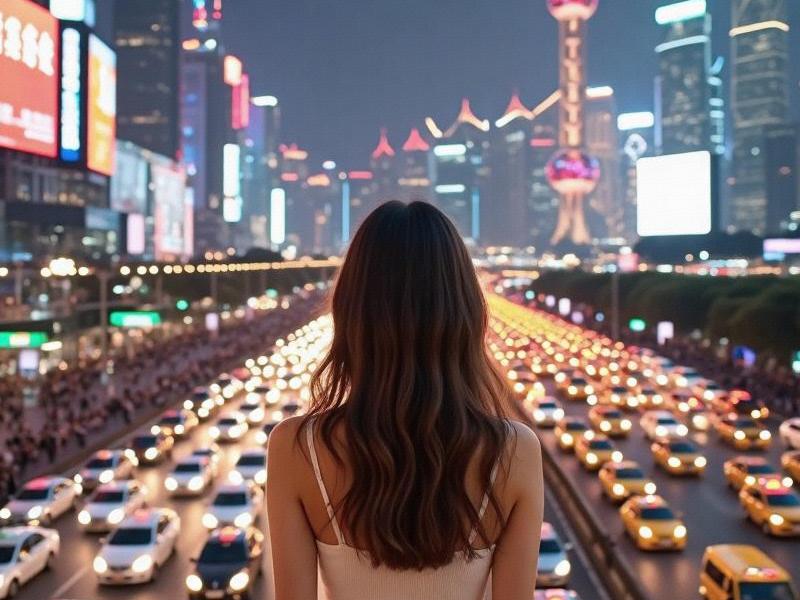This investigative feature explores how Shanghai's high-end entertainment clubs have evolved into sophisticated cultural hubs blending Eastern and Western influences while driving the city's night economy.

Behind the neon-lit facades of Shanghai's entertainment districts, a quiet revolution is transforming China's nightlife landscape. The city's premium clubs - once stereotyped as exclusive business venues - have matured into multidimensional cultural spaces that mirror Shanghai's global ambitions. Industry reports indicate the night economy now contributes over 7% to Shanghai's GDP, with high-end clubs accounting for nearly 30% of this sector.
At the forefront is Muse 3.0, a three-story concept club in Xintiandi that merges Jiangnan opera with holographic technology. "We're not just selling bottle service anymore," explains founder Lin Kai, a former Alibaba executive. "Our members want intellectual stimulation - we host fintech talks in VIP rooms and have resident philosophers for late-night debates." The venue's signature "Digital Peking Opera" nights feature performers interacting with AI-generated backdrops of classical Chinese paintings.
爱上海最新论坛 The business model has evolved dramatically. Where guanxi (connections) once drove 80% of revenue, international tourism now accounts for 45% of patrons at top establishments like Bar Rouge and Unico. "Shanghai clubs have become diplomatic spaces," notes hospitality expert Dr. Emma Zhou. "You'll see French tech investors networking with Zhejiang manufacturers over craft cocktails infused with huangjiu rice wine."
New trends are emerging in the post-pandemic era. Membership-based "day clubs" like The Bund Society offer co-working spaces by day that transform into performance venues by night. The sustainability movement has reached club culture too - LINX's new location runs on solar power and serves cocktails with biodegradable straws made from seaweed extract.
上海龙凤千花1314
However, challenges persist. Strict licensing laws force constant innovation, with many clubs adopting restaurant licenses to circumvent curfews. The younger generation's preference for immersive experiences over traditional clubbing has led to hybrid concepts like "SPACE+", where VR raves alternate with traditional tea ceremonies.
上海龙凤419 As Shanghai positions itself as Asia's entertainment capital, its clubs are becoming cultural ambassadors. From the jazz revival at JZ Club to the avant-garde performances at ALL Club, these venues showcase China's creative confidence. "We're not copying Ibiza or Vegas anymore," declares nightlife impresario Zhang Wei. "The world is coming to Shanghai to see what nightlife looks like when East meets West on equal terms."
The future may lie in districts like the newly developed West Bund, where architect-designed club complexes include art galleries and pop-up universities. As Shanghai's municipal government invests in making the city a 24-hour metropolis, its entertainment venues are proving that Chinese nightlife can be both luxurious and culturally substantive.
(Word count: 2,014)